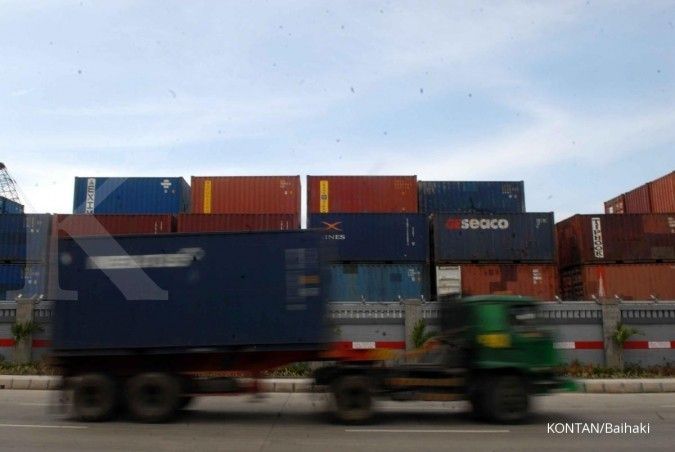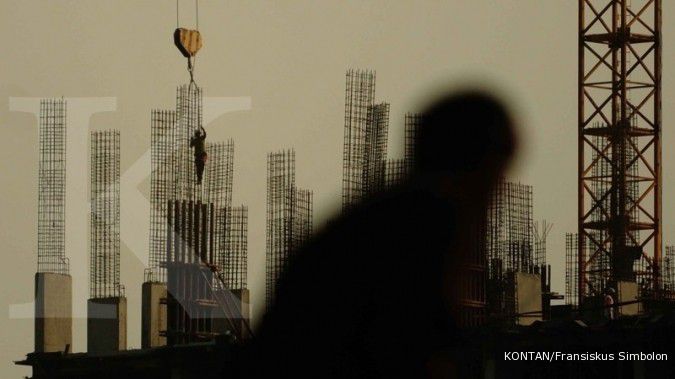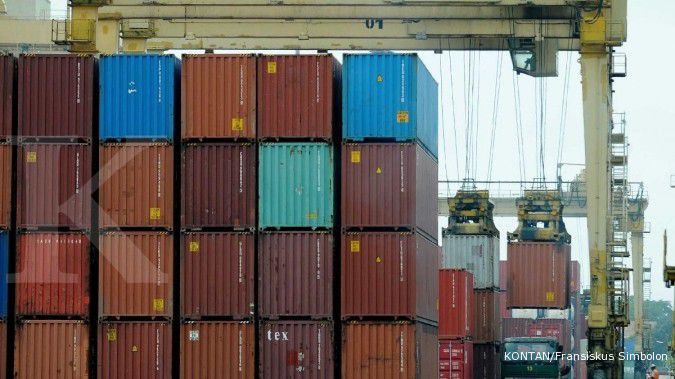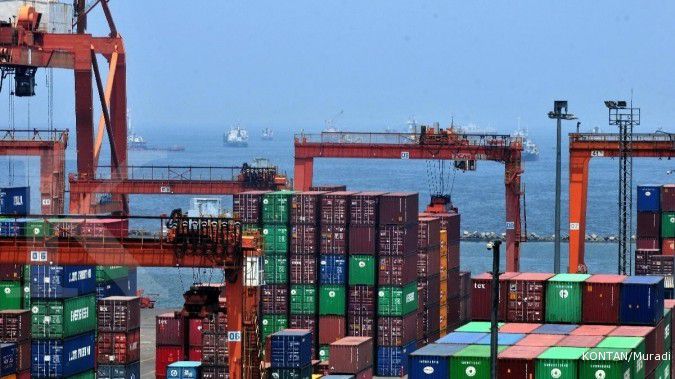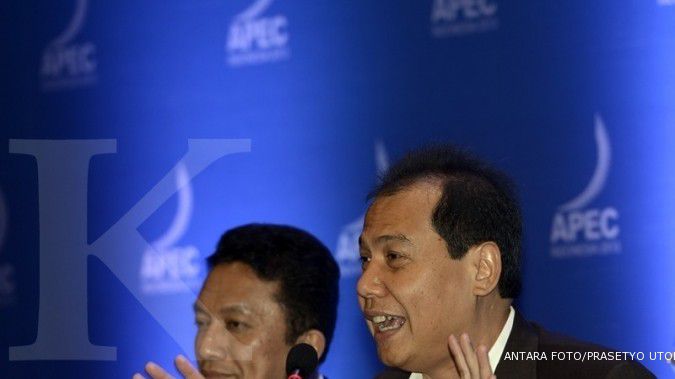JAKARTA. The economic slowdown in China could have a negative impact on Indonesia’s economic recovery especially amid the government’s efforts to address the current-account deficit, the Asian Development Bank (ADB) warns.
China, the world’s second-largest economy and Indonesia’s top export destination, saw its gross domestic product (GDP) growth plunge further to 7.7 percent last year after it recorded 7.8 percent economic growth in 2012, the lowest in 12 years.
“Although this year ADB predicts Indonesia’s current-account deficit will narrow to 2.9 percent, the government must still be cautious over China’s lack of growth,” ADB deputy country director for Indonesia Edimon Ginting said on Tuesday.
The economy was clouded by ballooning current-account deficit last year, which topped a record 4.4 percent of the country’s GDP in the second quarter, as a result of slowing global demand and rising imports.
Bank Indonesia (BI) considered the sustainable level of current-account deficit to between 2 and 2.5 percent of the country’s GDP, but ADB said external conditions would be challenging.
“Currently China is going through a rough patch. As it is one of Indonesia’s main export markets, we must anticipate the negative effects that China’s slowing economy will have on our economy,” Edimon said during an Asian Development Outlook 2014 presentation.
Indonesia’s non-oil and gas exports to China declined by almost 13 percent to US$1.59 billion in February from $1.82 million in January this year, the Central Statistics Agency (BPS) announced on Tuesday. China remains Indonesia’s top export destination this year with a total of goods worth $3.4 billion exported in the first two months, representing 14.29 percent of total exports.
An increase in investment and exports to other countries, including diversification of exports instead of relying mainly on mining products, could help Indonesia anticipated the impact of China’s economic slowdown, but those would only be short-term answers.
“The solution is not only macroeconomic policies but also structural reforms,” Edimon stressed, citing sustainable development in productivity and competitiveness as key to addressing the country’s trade issues. The economy is primarily driven by domestic consumption, but exports made up a big chunk as well at more than 20 percent of the overall GDP, hence, a slowdown in exports would negatively affect the country’s economy.
ADB forecasts Indonesia’s GDP to grow 5.7 percent this year, slightly lower than last year’s 5.78 percent, and 6 percent economic growth will be reached in 2015, according to the Manila-based bank’s latest report.
Fiscal reforms should also be carried out by the government to not only narrow the current-account deficit, but also to narrow the widening inequality, according to ADB economist Priasto Aji.
“The budget for fuel subsidies can instead be used for education, health care, social protection and infrastructure,” said Priasto at the same event.
“When the government gave fuel subsidies, the people overconsumed fuel. If the government gave education subsidies, wouldn’t it be great if the people overconsumed education?” said Priasto, adding that accessible education can increase the quality of human resources.
Priasto added that the government could also explore other options such as increasing the use of corrective tax and non-tax revenues such as cigarette tax, as well as introducing progressive taxes on property, capital gains and inheritance. (dwa)
China slowdown to affect Indonesia: ADB
April 02, 2014, 11.30 AM
/2013/06/28/1887684971.jpg)
ILUSTRASI. Ada beberapa cara agar tidak mudah jatuh cinta dengan cepat yang sering membuat orang terjebak dalam hubungan toxic dengan pasangannya.
Source: The Jakarta Post
| Editor: Asnil Amri
Latest News
-
March 02, 2026, 04.45 PM
Indonesia has Seized 5 Million Hectares of Palm Oil Plantations, Task Force Says
-
March 02, 2026, 01.10 PM
Asian Assets Slide as Mideast Strikes Spark Oil Spike, Haven Rush
-
March 02, 2026, 10.49 AM
Bank Indonesia Monitoring Market Movements in Response to Conflict in Middle East
-
February 25, 2026, 08.28 PM
Inpex to Solicit Bids for Construction of Indonesia's Abadi LNG Project in Mid-2026
-
February 24, 2026, 03.38 PM
Eni to Reach Final Investment Decision for Indonesia Gas Projects Next Month
-
February 24, 2026, 01.00 PM
Asia Stocks Try to Steady after Wall Street Selloff Sims Mood
-
February 23, 2026, 04.50 PM
Wall Street Futures and Dollar Slide on Trump Tariff Tumult
-
February 23, 2026, 02.17 PM
Indonesia's Government Spending Jumps 26% in January 2026
-
February 23, 2026, 01.47 PM
Indonesia's Government Spending Jumps 26% in January
